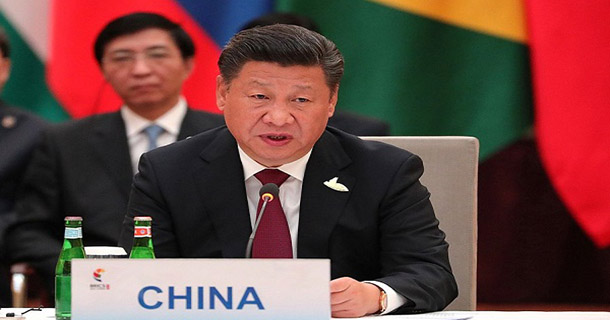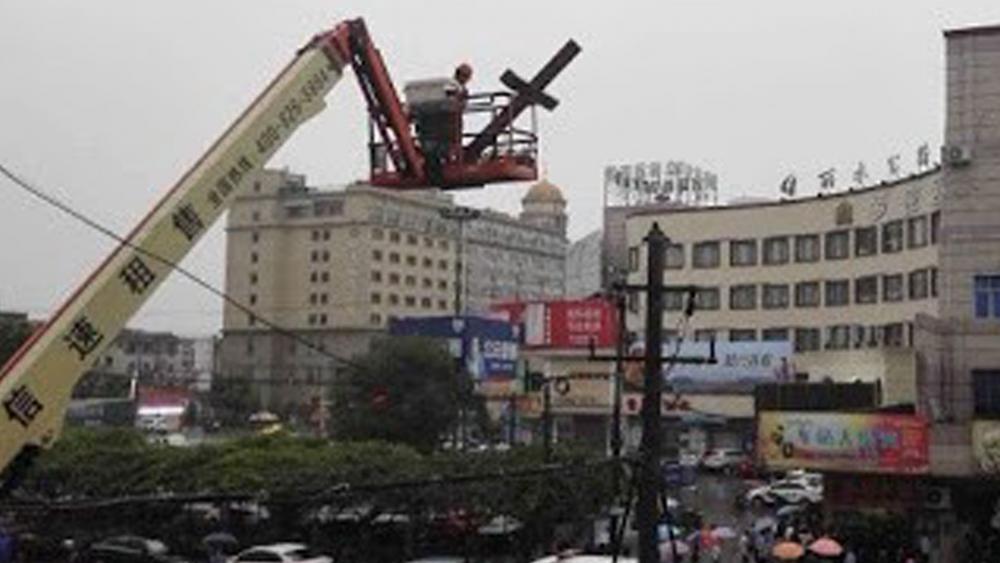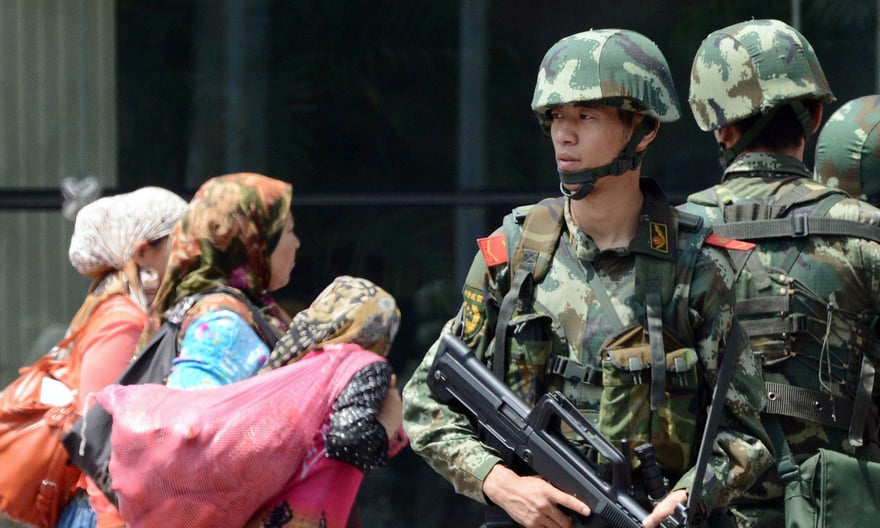 Freedom of religious expression is under threat in China as the Communist Party crackdown on religious groups escalates. Over the past few weeks, concerns have been raised both in China and abroad about oppressive policies targeted at Christians and Muslims.
Freedom of religious expression is under threat in China as the Communist Party crackdown on religious groups escalates. Over the past few weeks, concerns have been raised both in China and abroad about oppressive policies targeted at Christians and Muslims.
The catalyst for this concern was a draft document outlining new regulations to curtail the sharing of religious content online. Published online by the State Administration for Religious Affairs on September 10, the new rules indicate that only members of officially licensed organisations would be able to post certain types of religious content online and would be forbidden from criticising China’s leadership or the government’s religious policies. Anyone wishing to provide religious instruction would be required to apply by name and would first need to be judged to be morally fit and reliable. Organisations acting in breach of these rules would be shut down and could face other as yet unspecified sanctions.
An officially atheist country, control of religion has escalated under the leadership of President Xi Jinping, who has pursued a policy of “Sinicisation” to bring religion in line with traditional Chinese values and culture. The alleged aims of these proposed regulations are to promote social stability, with the government citing fears of terrorism and extremism as justification for its suppression of religion.

China’s communist regime tears down a cross from the top of a church. Photo: ChinaAid
Zion Church in Beijing, one of the country’s largest Protestant churches, was the first venue to be targeted following the publication of the draft document, with police and Communist party officials storming the premises on September 11 and chasing out the congregation and pastor Jin Mingri. Although recognised as a one of the five major religious groups in the country, Christians in China have to practice their religion under the watchful eye of the Chinese state. It is believed that Zion Church was targeted because Mingri had refused to comply with a request by officials to have government-controlled CCTV installed in the building. He was also one of 200 pastors who signed a petition in April 2018 complaining of the government’s assault on religion. Other churches across China are facing similar closures.
Uighur Muslims, a Turkish ethnic group commonly found in China’s Xinjiang region, are likewise being targeted. Freedoms are curtailed by government regulations banning bears and burqas whilst possession an “unauthorised” Koran can also result in punishment. Reports have circulated of Uighurs being detained in internment camps for the purposes of “re-education”, a process which requires them to denounce Islam and profess loyalty to the Communist Party of China.
The persecution of the Uighurs was raised on August 10 at a United Nations anti-discrimination committee panel meeting, with attendees raising concerns about these camps. Soon after, China denied the allegations, refuting the existence of the camps and blaming criticism of its policies on anti-China forces.“For those who are convicted of minor offences, we help and teach them vocational skills in education and training centres, according to relevant laws. There is no arbitrary detention and torture”, said senior Communist Party official Hu Lianhe

A paramilitary guard in Xinjiang capital Urumqi. Photo: AP
Despite these denials, a high-profile backlash against China’s religious attacks is mounting. On September 11 the United States Commission on International Religious Freedom (USCRIF) released a statement criticising the attacks on Muslims and Christians: “These collective actions, coupled with abuses against other religious communities, such as Tibetan Buddhists and Falun Gong practitioners, signal an alarming escalation in persecution of citizens in China under Xi Jinping. USCIRF condemns the Chinese government’s ongoing brutal and systematic targeting of religious communities for their beliefs.”
The Trump Administration is said to be considering imposing sanctions on China for its actions against religious groups, a move which would further strain relations as a trade war between the two superpowers looms.




 Print
Print Email
Email